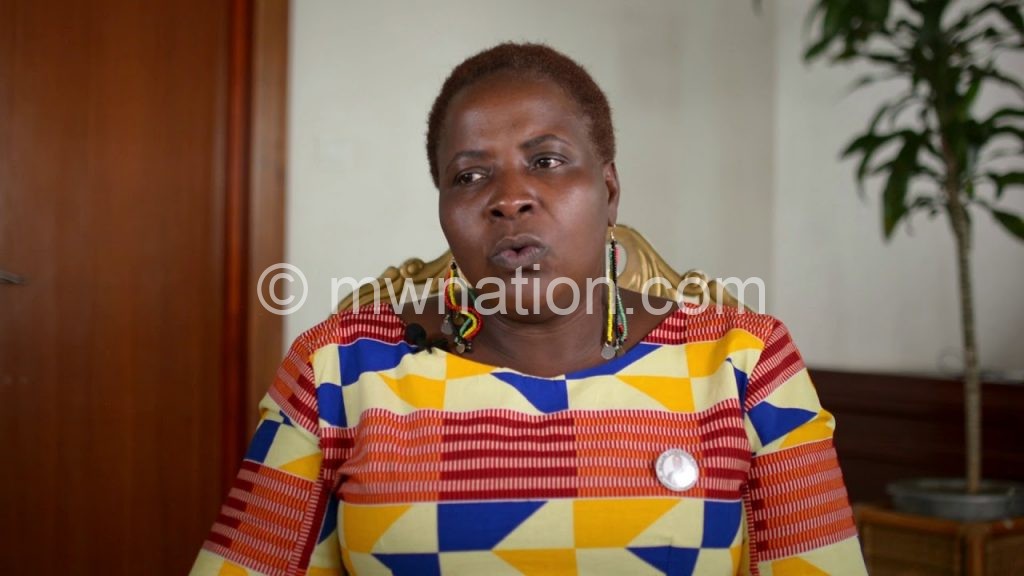‘Women still few in public jobs’
A new report by UN Development Programme (UNDP) and the University of Pittsburgh finds women’s leadership is being undercut by glass ceilings and walls
While high-profile women leaders have been in the spotlight globally for their impactful Covid-19 response, they personify less than a third of top leadership in public administration globally.

The latest Gender Equality in Public Administration (Gepa) report shows that exclusion of women from critical decision-making processes threatens an inclusive recovery from the Covid-19 pandemic.
The research covers 170 countries and finds that persistent gaps remain and women continue to hit artificial barriers to the highest levels of power.
Though there’s been progress on women’s representation overall in many countries, women in all regions remain significantly outnumbered by men in leadership and decision-making. On average, women constitute 46 percent of public administrators, but hold only 31 percent of top leadership positions and only 30 percent of senior managers.
However, gender equality is essential for an inclusive and accountable public administration. The findings show that when women take leadership roles in public administrations, governments are more responsive and more accountable and the quality of public services delivered significantly improves. Data shows that when women take power, overlooked policy issues such as ending violence against women, childcare services and healthcare, get more attention while government corruption declines and political parties more likely work together.
As Covid-19 rages, effective decision-making in public institutions is more important than ever. UNDP administrator Achim Steiner warns that it could push some 105 million into extreme poverty by 2030.
“Covid-19 effects are not gender-neutral,” she said. “It is therefore crucial that governments respond to the needs, rights and expectations of women and girls.
Steiner adds: “Women must also fully participate in public institutions and have a seat at the table when governments are crafting their policy responses and determining the best way forward.
She observes that the pivotal decisions made today will affect the well-being of people and the planet for generations to come.
“Sustainable recovery is only possible when women are able to play a full role in shaping a post-Covid-19 world that works for all of us,” she states.
The report finds that women have a very limited role in health policy decision-making, including in countries’ Covid-19 response.
While 58 percent of employees in health ministries are women, they average only 34 percent of decision-making positions.
Women’s representation is also low across national task forces leading the Covid-19 response. Of the 300 national task forces examined in 163 countries and territories, including Malawi, women occupy on average 27 percent of the seats and lead 18 percent of them.
Only six percent of Covid-19 task forces are at gender parity, while nearly double that, 11 percent, have no women at all.
The report also finds that women public servants are being ‘siloed’ into certain areas of policy work, especially ministries responsible for women’s issues, health and education.
“Gender equality and diversity are keys to improving government function and the quality of life for us all. Accomplishing that means that we need more and better data—and collaborations such as this one between the University of Pittsburgh and the United Nations can help us achieve that goal,” said Ann Cudd, senior vice-chancellor at the university.
The researchers urge governments to strengthen and enact new laws and policies such as quotas and gender budgets to shift the balance of power and achieve gender equality.





